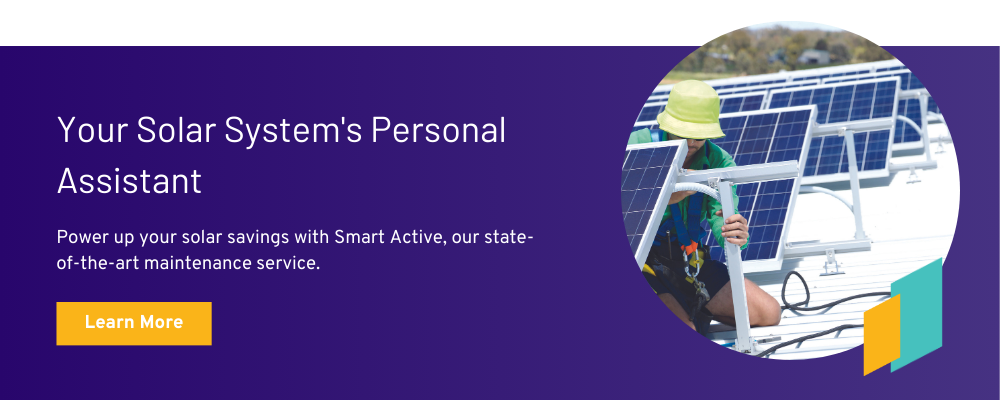We’ve been discussing the importance of solar maintenance a lot on our blog because this is definitely the most frequently asked topic during the after-sales process. This article is intended to answer the MOST commonly asked questions on solar maintenance. We will cover all the basics, from what maintenance is required to how often your system should be maintained.
Why Do I Need to Maintain My Solar Panels?
As with any electrical equipment, regular maintenance is essential for maintaining the optimal performance of your solar systems. Although they require relatively low maintenance in comparison, constant UV exposure and harsh weather conditions can cause some wear and tear over time, leading to a gradual decrease in efficiency. If left neglected, the deterioration of components will result in lower energy output and a shorter lifespan of your panels.
How Often Should Solar Panels Be Maintained?
The frequency of solar panel maintenance depends on several factors, including climate, system size, and location. From our experience, we believe cleaning should be approached as a reactive service as most systems ‘self-clean’ with rain. Cleaning is an expensive service so it’s important to time it correctly. Manufacturing or agribusiness clients should consider a routine clean once per annum to avoid any build-up of stubborn particulates, as these will not wash away with rain.
Soiling build-up can be detected remotely and should be monitored throughout the first year of operation. If this is a recurring problem for your site, a routine cleaning might be a good investment in your maintenance program.
What Maintenance is Required for Solar Systems?
Several maintenance tasks are necessary to ensure that solar systems perform at optimal levels. These include:
- Cleaning and Debris Removal: Dirt, dust, and debris can accumulate on panels over time, preventing them from absorbing sunlight effectively. While this is often washed away by rainfall, solar panels should be checked and cleaned regularly to prevent soiling.
- Panel and System Inspections: Regular inspections of panels and systems can help identify potential issues before they become major problems. This includes monitoring performance, assessing the condition of components, checking for damages, and replacing components if necessary.
- Wiring and Electrical System Checks: Commercial solar systems are supported by an intricate network of wiring, and any loose connections can lead to a decline in performance. Regular visual inspections of fittings and cables are necessary to ensure that they are securely attached and free of damage.
- System upgrades: Upgrading your solar panel system can boost its performance and efficiency. As new technology becomes available, it's worth considering an upgrade to ensure that your system is running at its best.
While some basic maintenance tasks can be done yourself, hiring a professional service provider may be necessary when dealing with the more challenging tasks that require specialized knowledge and equipment.
How Do I Know if My Solar Panels Need Maintenance?
Keeping your solar system operating at its best requires ongoing attention. By staying vigilant for signs of potential problems, you can detect maintenance issues early and avoid costly repairs down the line. For example, if you notice a sudden drop in energy output or hear unusual buzzing or clicking sounds from your solar system, this could indicate a wiring fault, panel damage, or an inverter issue.
Even with annual professional inspections, we recommend conducting regular visual inspections to spot the most common system faults.
So, Are Solar Panels Hard to Maintain?
Solar maintenance may not be as complex as you originally thought. While solar panels do require some maintenance to keep them running efficiently, they are generally considered low maintenance compared to other equipment. With proper care and maintenance, solar panels can last for decades and provide significant energy savings over time.
You can also read the latest news and find out what’s happening in the commercial solar space at Smart Insights.




